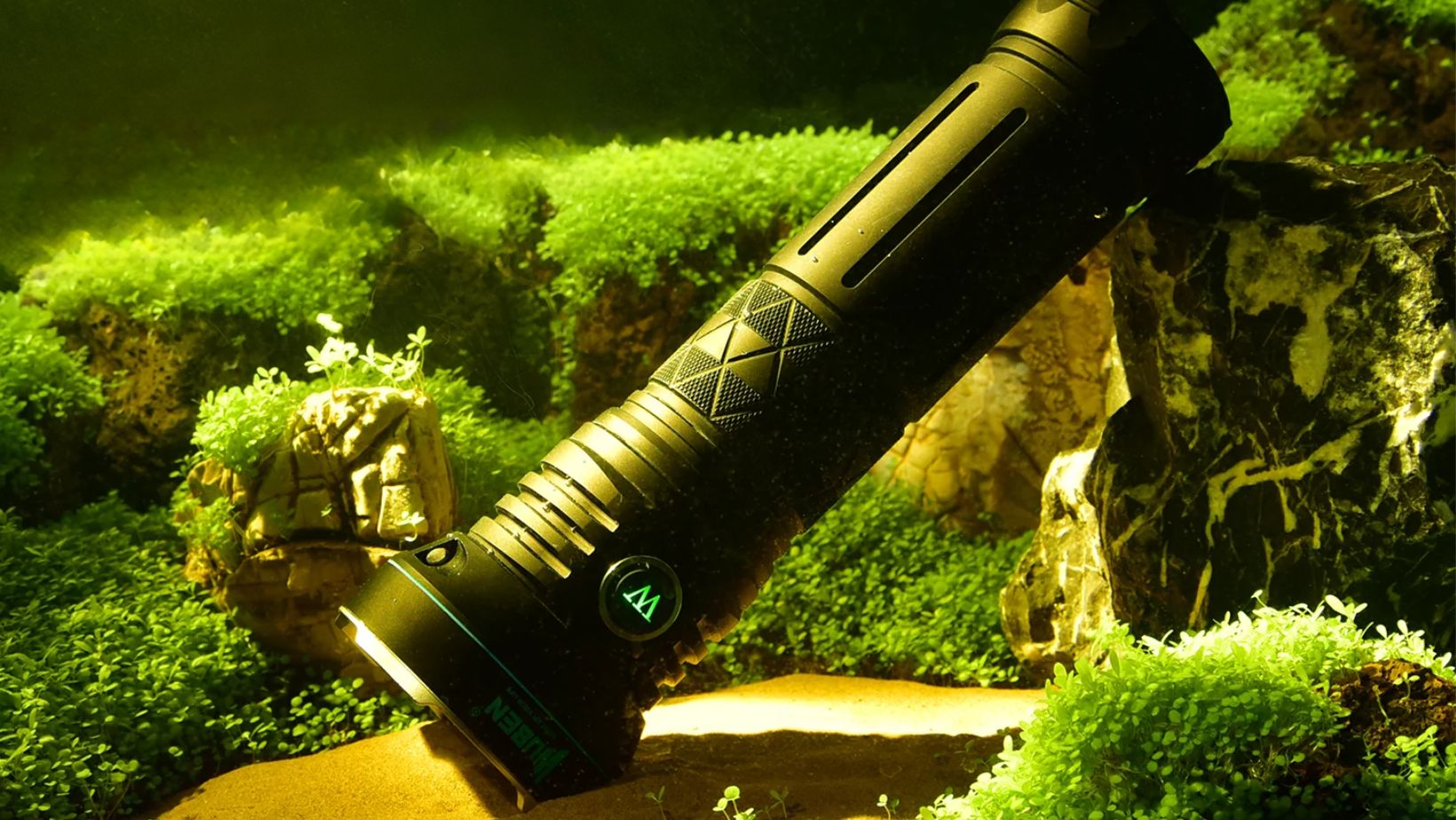The world of outdoor lighting equipment often touts the term 'lumens,' highlighting it as a major selling point for products like flashlights.
But there's a considerable amount of confusion and uncertainty surrounding this term. What exactly are lumens, and why should we pay attention to them when purchasing a flashlight? Even more importantly, do they really matter in the grand scheme of factors to consider?
The short answer is yes, lumens do matter significantly, but they certainly aren't the only factor to consider. In this article, we'll dissect the concept of lumens and shed light on their significance in your quest to find the ideal flashlight. If you are on a quest to find a flashlight that consists of all the necessary features plus a high lumen count, consider finding one from Wuben EDC light.
A Shining Introduction: What are Lumens?
In simple language, lumens are the unit of measurement used to quantify the total visible light emitted by a source—it's essentially the brightness of the light. The higher the number of lumens, the brighter the light the product will produce. For instance, a flashlight advertising 200 lumens will produce a less intense light compared to a 1,000-lumen alternative.
Higher Lumens – Brighter Light: But Does It Seal the Deal?
Here's where things get interesting—while a higher lumen count indeed translates to brighter light, this doesn't necessarily mean that the brightest flashlight is the best for you. The ideal lumen count depends on the specific intended use.
If you're going to be out on trails navigating at night or need the flashlight for spelunking, a flashlight with a high lumen count could serve you best. On the other hand, if you plan to use a flashlight for reading or tasks around the campsite at close range, a high-lumen flashlight may be uncomfortably bright and can drain the battery unnecessarily.
Battery Life and Brightness
There's a trade-off between brightness and battery life—higher brightness means the battery life will be consumed more quickly. Therefore, a flashlight with a high lumen count could drain the battery much faster than one with lower lumens.
Most flashlights come with modifiable brightness levels, meaning you can adjust the light's intensity, allowing you to opt for less light in certain situations to save battery life. This flexibility means that while you may want a flashlight with a higher lumen count for certain activities, the option to dim the light can increase efficiency.
Balancing Lumens with Other Essential Factors
While lumens are crucial, it's essential to balance them with other factors such as beam distance (how far the light reaches) and beam type (the spread of light). A flashlight with a high lumen count but a narrow beam will illuminate a small area very brightly, potentially causing a 'tunnel vision' effect. Conversely, a lower-lumen flashlight with a wide beam will light a broader area but may not illuminate distant objects.
Furthermore, comfort is another critical aspect. What good is a very bright flashlight if it's so uncomfortable you don't want to have it on your head? A flashlight should be lightweight, adjustable, and comfortable even during prolonged use.
The Final Verdict: Do Lumens Matter?
In conclusion, yes, lumens do matter when buying a flashlight, but they should not be the sole determining factor. Purchasing a flashlight purely based on lumen output might meet your brightness expectations but disappoint in battery life, comfort, or functionality.
Consider the activities you plan to use the flashlight for and ensure the lumen count suits those applications. Balance this with other critical factors such as beam distance and type, weight, comfort, and of course, price. By taking these into account, you'll be better placed to choose the perfect flashlight that won't leave you lost in the dark. A holistic approach will help illuminate the decision-making process, proving that while lumens do matter, they are merely one part of the bigger picture.


